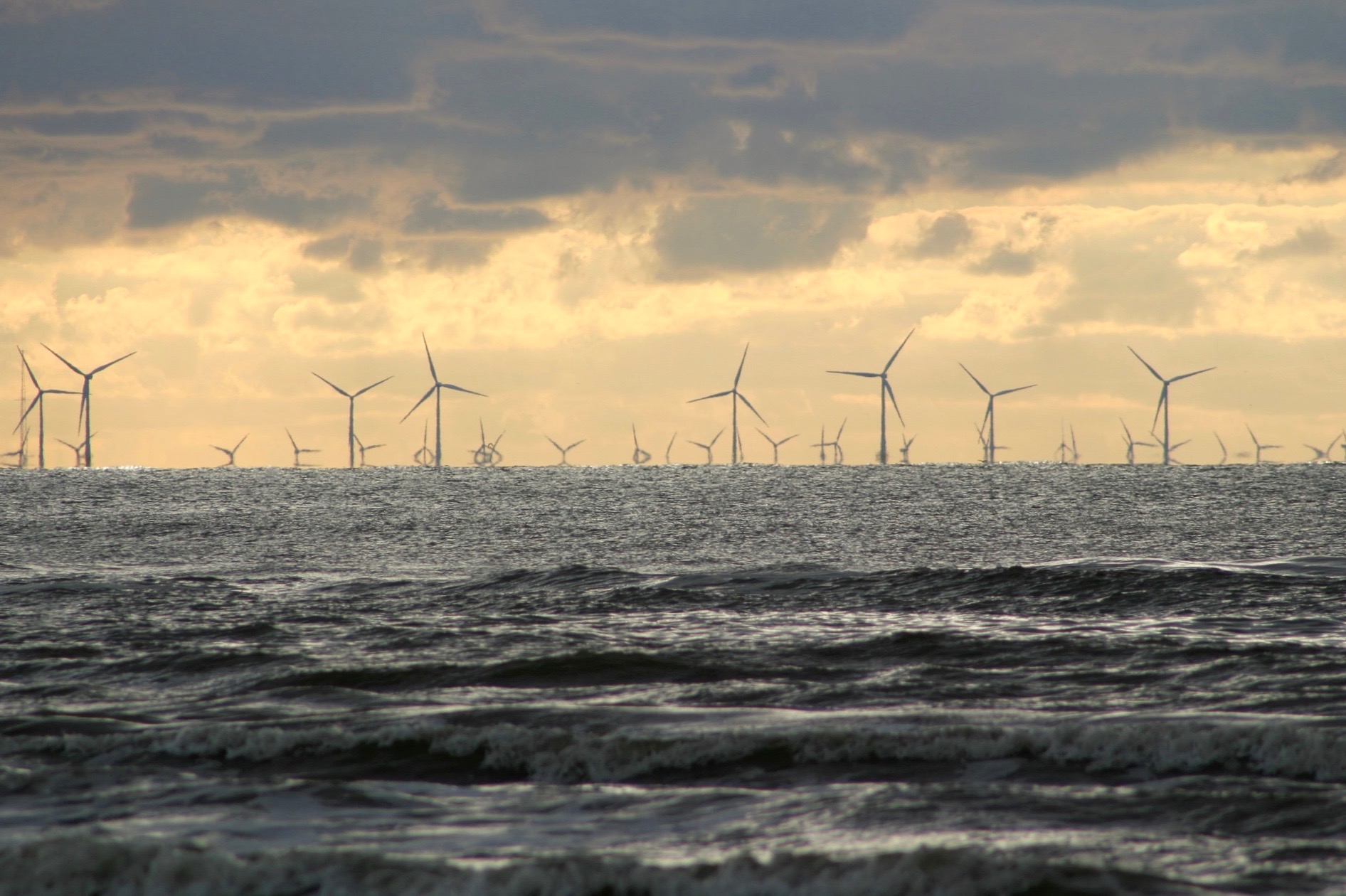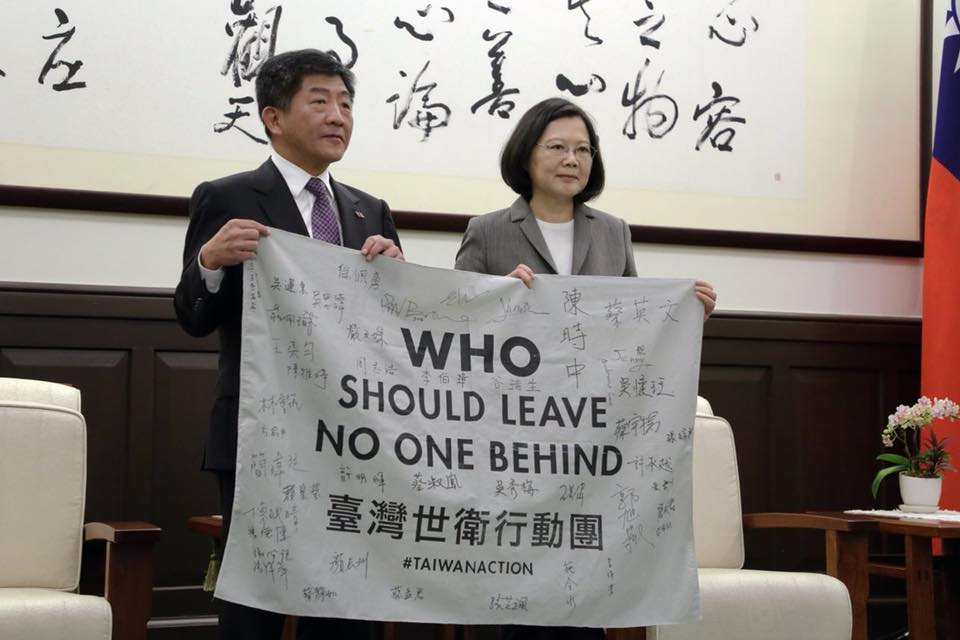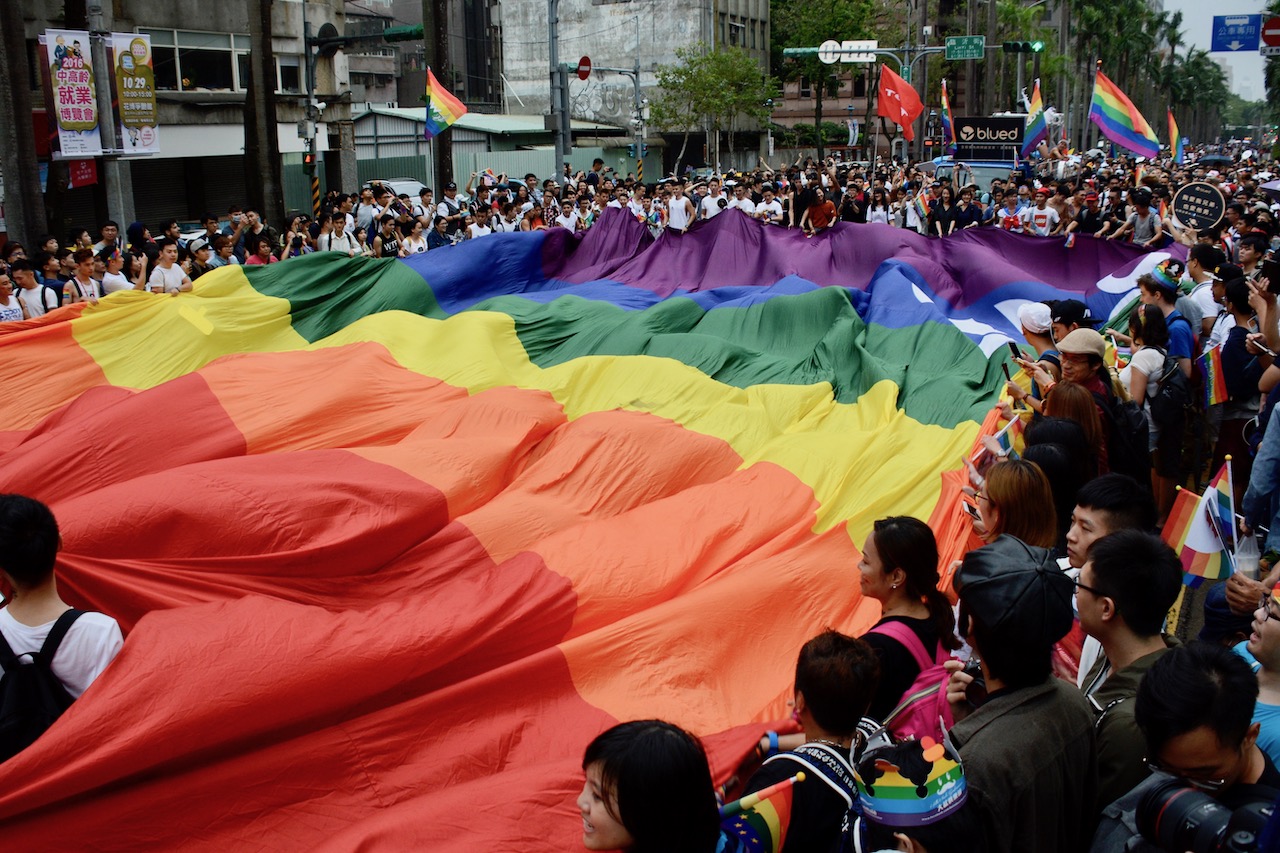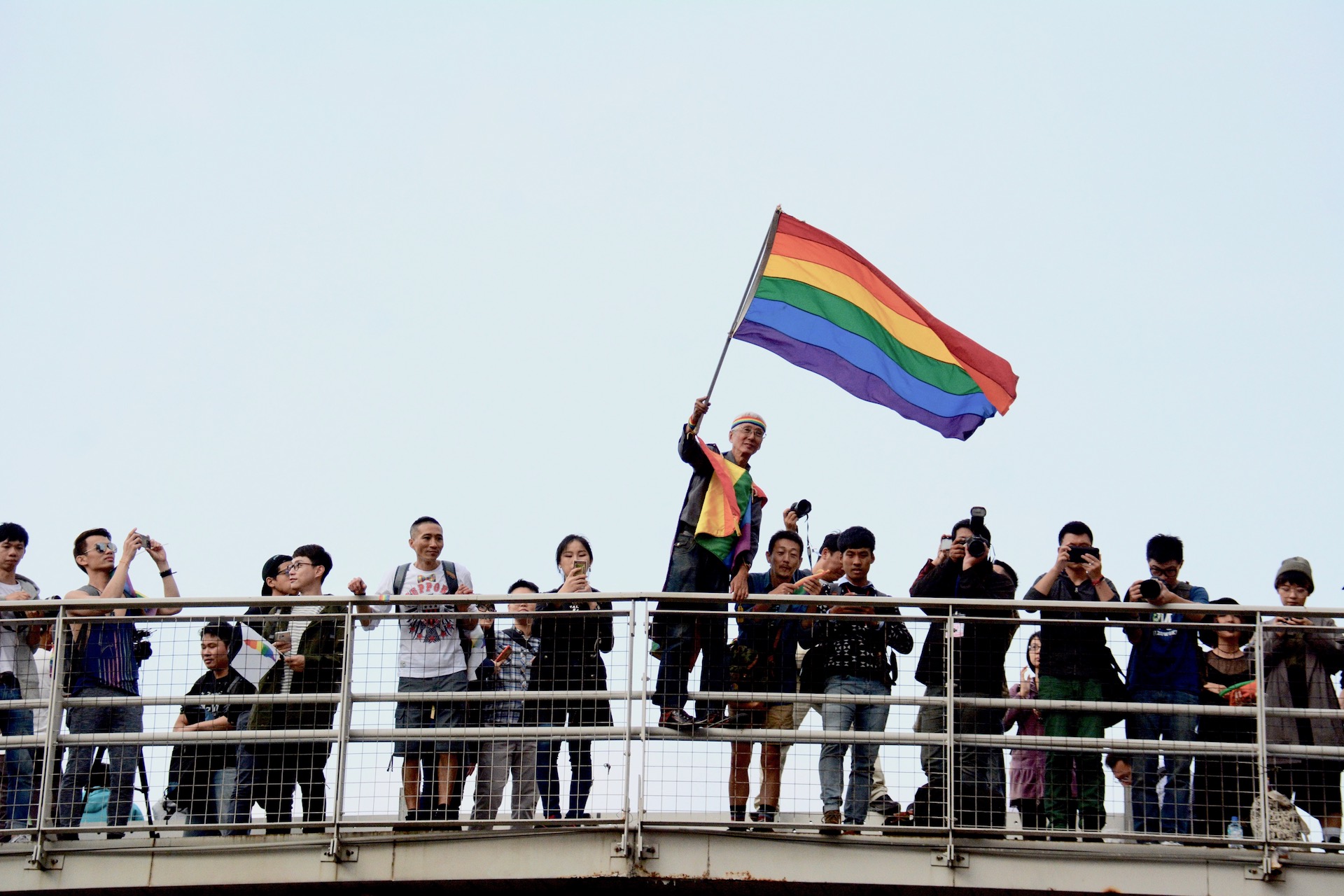Climate change is an issue that transcends sovereignty and state boundaries. It’s about time the international community found a way to make sure Taiwan, a victim of and a contributor to climate change, has a seat at the table.
During the UNFCCC’s 23rd Conference of the Parties (COP-23), Taiwan’s Ministry of Foreign Affairs (MOFA) issued a statement on behalf of Minister Lee Ying-yuan of Taiwan’s Environmental Protection Administration claiming that pressure from Beijing had prevented Lee from entering the venue of the annual U.N. climate meeting in Bonn, Germany, even though he had credentials as a non-governmental participant. The decision to exclude Taiwan from the conversation is myopic, and fails to recognize that Taiwan is not only affected by climate change as an island nation, but it can also be a committed partner in addressing the climate change issue as one of the largest economies in Asia.
Every year after Taiwan’s exclusion from the climate talks, Taiwanese officials and diplomats write opinion pieces reminding the world that Taiwan can be a reliable partner in actions against climate change. This time, Lee shifted the focus from what could be happening to what is currently happening, which is Taiwan’s vulnerability to extreme weather conditions as a result of climate change.
“The climate change issue is a humanitarian one,” Lee states. His op-ed notes the record-breaking temperatures in Taipei, flash floods that damage Taiwan’s infrastructure and crops, as well as other recent anomalies. The annual report released by Germanwatch, a non-profit NGO based in Bonn, confirms Lee’s concerns, ranking Taiwan 7th in its Global Climate Change Risk Index, noting the 85 deaths from hypothermia or other cold-induced illnesses in January, and other climate change catastrophes. [1] (See also, Lee interview with DW.)
While Taiwan has made unilateral efforts in emissions reduction, energy security continues to be an obstacle for the island-nation. With its shift away from nuclear power due to safety concerns, Taiwan has struggled to meet the electricity demand of its residential and commercial users. The shift also means an increasing reliance on liquefied natural gas (LNG) imports, making it the world’s fifth-largest LNG importer. Meanwhile, renewable energy in Taiwan has lagged, and the government has made considerable efforts to catch up. Participating in climate change talks can help accelerate Taiwan’s renewable energy transition, through technology transfers and the attraction of foreign capital. For now, Taiwan continues to deal with the impact of climate change largely on its own.
Participating in climate change talks can help accelerate Taiwan’s renewable energy transition, through technology transfers and the attraction of foreign capital. For now, Taiwan continues to deal with the impact of climate change largely on its own.
Taiwan shares its frustration with other island-nations that deal with the impact of climate change, such as rising sea-levels and hurricanes. While small islands are the true victims of climate change, producing less than 1 percent of global greenhouse gas emissions, Taiwan is both a victim and a contributor to climate change as the 22nd-largest emitter in the world. [2] Taiwan, however, has been making efforts in reducing its emissions, including the passage of the Greenhouse Gases Reduction and Management Act, which serves as a legal basis for emissions reduction and sets five-year emission reduction targets, with an ultimate emission reduction target of 50% below 2005 levels by 2050. By sharing the same concerns about the impact of climate change, Taiwan could be a natural partner for island nations.
Taiwan might have missed its opportunity in making meaningful progress in participating in the climate change talks. The president of COP 23, Frank Bainimarama, is also the Prime Minister of Fiji, an island-nation that is under threat from rising sea-levels. Prime Minister Bainimarama may have been sympathetic to Taiwan’s cause, and could have potentially made arrangements for the Taiwanese delegation, as he had done for Governor Jerry Brown of California. Bainimarama appointed Governor Brown to serve as a special adviser, and allowed Brown to deliver an address. This shows that a non-state actor can still engage in meaningful participation in the climate talks. Understandably, this preferential treatment comes with the size of California’s economy, although the size of Taiwan’s economy is also significant, it being the 7th-largest in Asia.
As the 22nd-largest economy in the world, Taiwan’s emission reduction goals will make a tangible contribution to meeting the Paris Agreement’s global mean temperature increase target. [3] Even though the Paris Agreement’s voluntary nature in nationally determined contributions (NDC) is likely to result in discrepancies between what countries claim they will do and what they actually end up doing, Taiwan has little incentive to deviate from its emission reduction targets, because it is vulnerable to climate change. It is an issue that transcends sovereignty and state boundaries.
If the Governor of California can attend the COP-23 meetings and deliver an address about California’s commitment to combat climate change, surely there is a way for Taiwan’s minister of Environmental Protection to participate in a similar capacity, to share Taiwan’s story as a victim of climate change, and to reiterate Taiwan’s commitment to environmental protection. Taiwan has been reaching out to participate in the UNFCCC since 2009. Perhaps it’s time to make an arrangement for a partner that is knocking at the door.
[1] Eckstein, David, Vera Künzel, and Laura Schäfer. “GLOBAL CLIMATE RISK INDEX 2018.” (2017).
[2] Atlas, Global Carbon. Global Carbon Atlas. (2016).
[3] “World Economic Outlook Database October 2017.” International Monetary Fund. 10 October 2017.
You might also like
More from Society & Culture
Media and Free Expression in Taiwan Are Under Attack: What Can be Done?
How can we avoid the imposition of a blanket silence which can only empower our enemies and damage our democracy? …
Taiwanese Views on Homosexuality Based on Proximity of Relationship, Study Shows
The legalization of same-sex marriage in Taiwan should be viewed not just as a culmination of years of advocacy efforts …
Challenges Remain Following the Legalization of Same Sex Marriage in Taiwan
Despite the adoption of a new law on May 17, campaigns will continue to legitimize the kind of homophobic discourse …









